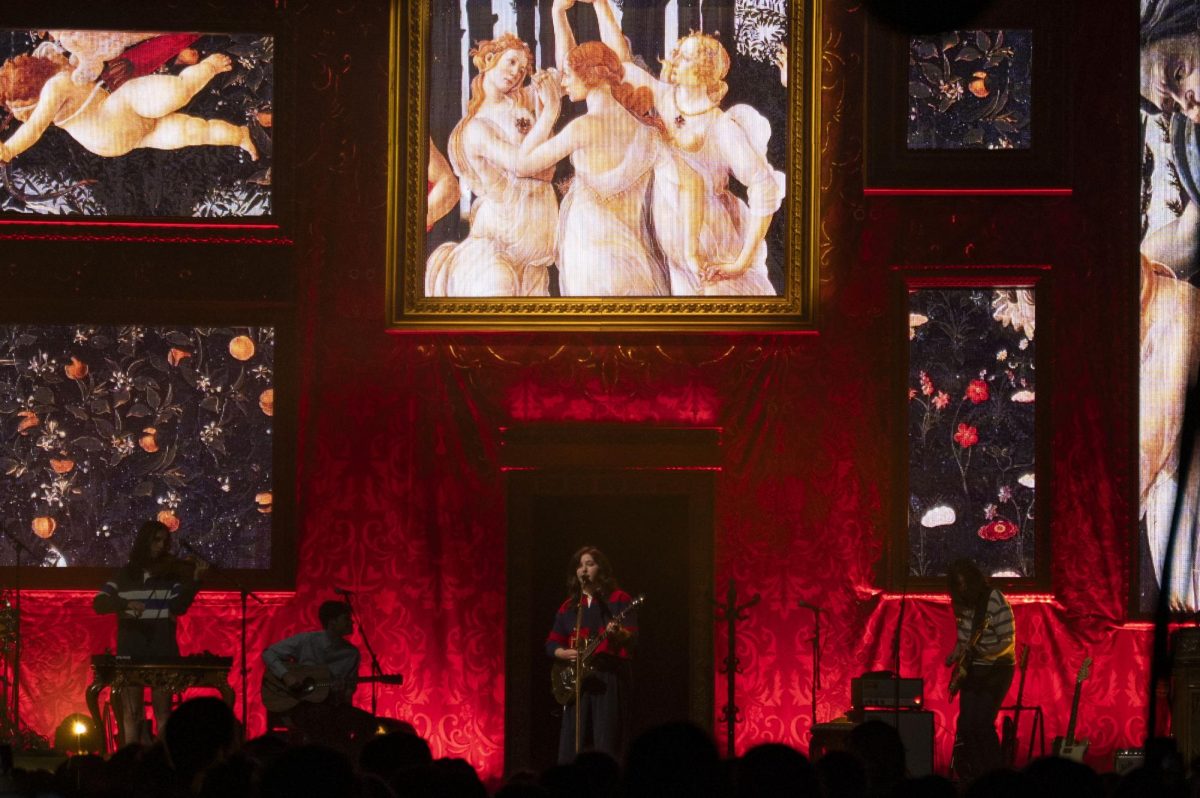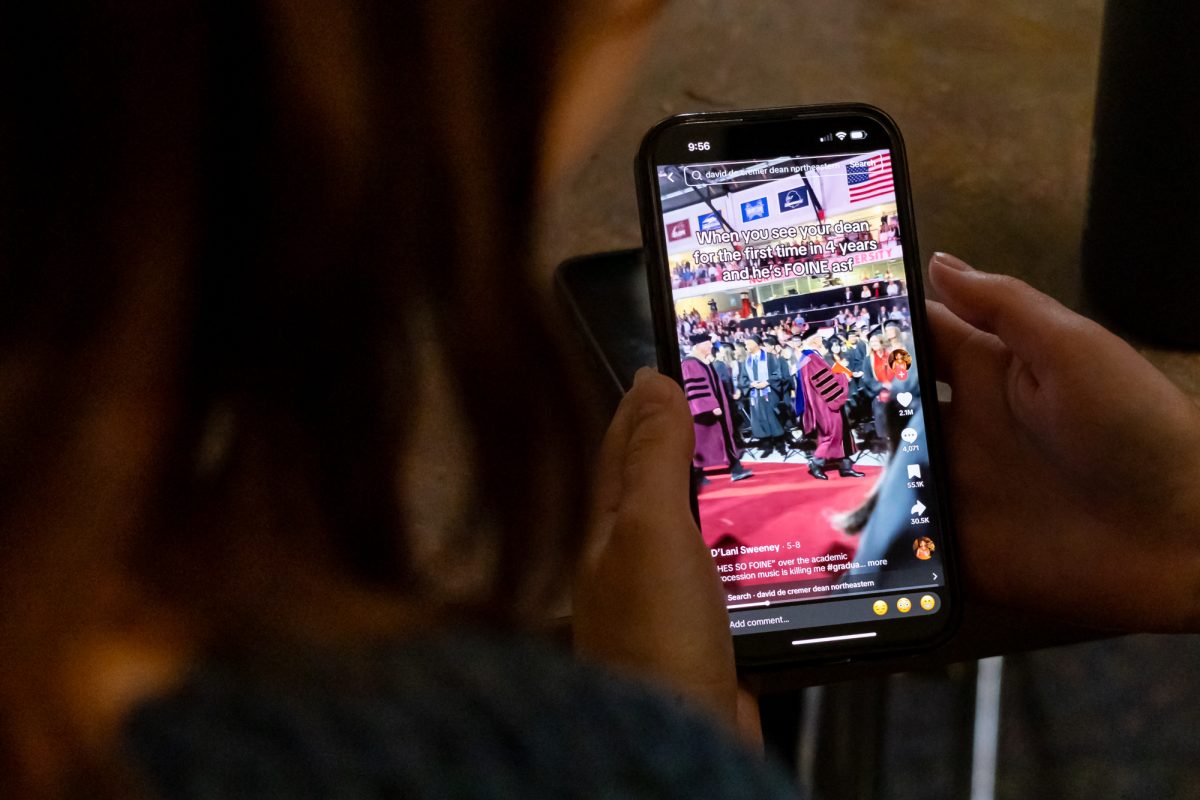By Jamie Ducharme, News Staff

They may be classics, but books like “Don Quixote,” “Jane Eyre” and “Moby-Dick” will get a 21st century update thanks to Belgian art collaborative DoeDeMee.
DoeDeMee (Dutch for “Are you in?”) was created when Tom Haentjens, of Belgian design firm beshart, became fascinated by Proust’s “In Search of Lost Time” and decided to create a new cover for the book. The idea snowballed until he put forth the call for people worldwide to create mock cover designs for each of the 100 books on the British newspaper the Observer’s 2003 list of the greatest novels of all time.
“We wanted a collection that is international,” Haentjens said. “So the more countries involved the better, and diverse in style and disciplines.”
The designs, Haentjens explained, will be produced as posters and sold online with the proceeds split evenly between the artists and as-yet undetermined charities fighting illiteracy.
So while people “will get some nice eye candy that might make them feel like reading a new book,” Haentjens said the charitable side of the project is more important.
“Success of this project will not be measured in posters sold,” Haentjens said, “but in the amount of attention the problem [illiteracy] gets.”
Haentjens said drawing attention is an area in which DoeDeMee has excelled. After a post about the project appeared on the Guardian Books Blog, word spread to Twitter and 80 entries came in within 12 hours.
“This project has gone way beyond beshart,” Haentjens said. “It is now a collective effort and that’s what makes it so powerful.”
Northeastern art professor Thomas Starr, who has designed book covers for Yale University Press, said he agreed with Haentjens about the power of the project.
“[DoeDeMee] is a good way to bridge the visual people with the literary people,” Starr said. “Many people have their favorite books but maybe don’t fully understand how designers bring attention to literary works that they design. It’s symbiotic.”
Starr also said he felt that the project’s ability to encourage people to read classic literature is beneficial.
“To attract people to these posters, which attracts them to the books … it’s a win-win situation all around,” he said.
English literature professor Francis Blessington, who teaches several courses on the classics, echoed Starr.
“I think the idea of the poster or the idea of the book cover, I think those things can lead you in [to the book],” he said. “It’s important that covers be intriguing and suggestive, and somewhat mysterious maybe.”
Blessington noted that he was first drawn to serious literature after reading comic books based on the classics, and praised DoeDeMee for bringing long-form novels to the masses.
“You can read just contemporary novels or you can just watch television or go to the movies,” he said, “but some of the great novels are going to give you a more comprehensive or deep experience.”








